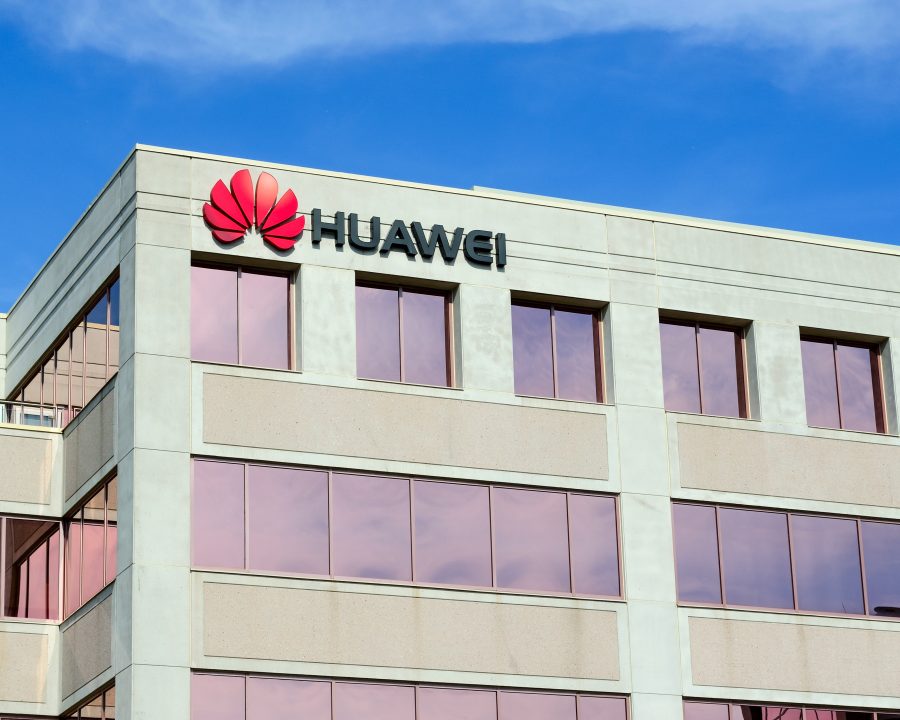The United States and the People’s Republic of China have a long and complicated history when it comes to trade. Under the current administration of President Trump, tensions with China have increased as Donald Trump put economic pressure on the Communist Party of China to give the United States leverage in economic negotiations. These tensions come in the form of economic sanctions but also take the form of targeting specific Chinese companies that aim to do business in the United States. Two such companies that were targeted by the Trump administration are ByteDance—the company that owns TikTok, and WeChat, a Chinese messaging app. The Trump administration has made both of these companies primary targets in the fight against cyber warfare and President Trump will continue attempting to rid the United States of possible cyber-security risks from China.
The year 2020 saw the extreme rise of the social media app, TikTok. The highly popular social media app revolves around music, dancing, and comedy in short-form clips, usually ranging less than 30 or 15 seconds. These short-form clips often come in the form of popular songs playing as someone dances and sings to the song. Other TikTok clips include short comedy sketches. The popularity of the app was brought into question when it was publicly made aware that the owner of the app was a Chinese company. While young users of the app were not concerned, the United States Federal Government clearly had an issue with the fact that a Chinese company had control of the data of a highly popular app.
On Friday, Sept. 18, 2020, the United States Department of Commerce put out a press release titled, “Commerce Department Prohibits WeChat and TikTok Transactions to Protect the National Security of the United States”. Although the press release is recent, talk of these apps being banned from the United States is not new. For the past free months, the White House has discussed extensible regarding the possibility of Chinese apps being banned from the United States due to cyber security concerns. The Commerce Department’s press release discusses how the United States plans to deal with the Chinese apps as they could be sending data to China.
The press release is very argumentative in its wording and it aims to assure the public that these actions are done for the best for US citizens. The press release quotes U.S. Department of Commerce Secretary Wilbur Ross in saying, “At the President’s direction, we have taken significant action to combat China’s malicious collection of American citizens’ personal data, while promoting our national values, democratic rules-based norms, and aggressive enforcement of U.S. laws and regulations.” (1) The press release continues in saying, “While the threats posed by WeChat and TikTok are not identical, they are similar. Each collects vast swaths of data from users, including network activity, location data, and browsing and search histories.” (2) Clearly, the United States sees Chinese apps operating in the United States as threats to national security and the action completed against them was both definitive and swift.
While the United States and China continue to fight over world influence, one thing is for certain, the modern age of warfare is cyber warfare. Rather than physical tariffs, the Trump administration has focused on China’s cyber influence in the United States. The Chinese Communist Party, with its significant human rights violations against religious minorities such as the Muslim Uighurs as well as Christian Chinese citizens, has given the Chinese government a bad reputation when it comes to dealing with the international community. As citizens of the United States continue to stay safe online, it is important to understand what parties control our social media apps.

